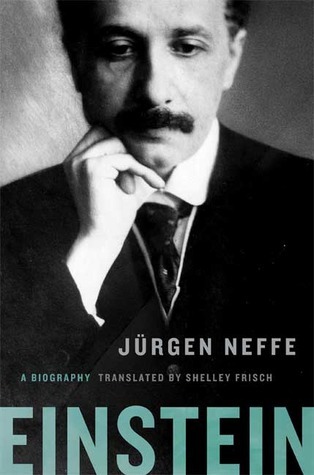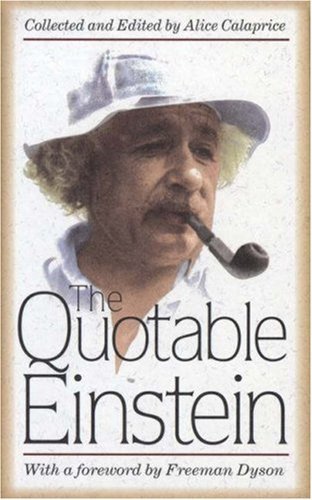
Einstein: A Biography
Book Description
A mind that shattered the boundaries of physics and redefined our understanding of the universe, Albert Einstein emerges in this gripping biography as a passionate thinker torn between brilliance and the chaos of a turbulent world. From the quiet halls of academia to the tumult of global conflict, Jürgen Neffe unveils the complex web of relationships that shaped Einstein’s revolutionary ideas and personal struggles. Each page reveals the man behind the genius, grappling with fame, love, and the burden of his own discoveries. What secrets lie within the universe, and will they ultimately consume the heart of the man seeking to unravel them?
Quick Book Summary
"Einstein: A Biography" by Jürgen Neffe offers an intimate exploration of Albert Einstein's life, blending his groundbreaking scientific achievements with his personal and philosophical evolution. Neffe delves beyond the familiar image of the iconic physicist to reveal the complexity of Einstein's character: his rebellious spirit, moral convictions, and the tensions between intuition and rigor in his work. The biography situates Einstein within the turbulent political landscapes of Europe and America, tracing his responses to war, anti-Semitism, and social upheavals. Through rich storytelling and attention to Einstein's relationships—be they familial, romantic, or professional—Neffe paints a portrait of a man both ordinary and extraordinary, whose struggles and ideas transformed the trajectory of science and society. This nuanced biography demystifies the legend to uncover Einstein as a passionate human seeker, forever entangled with the mysteries of existence.
Summary of Key Ideas
Table of Contents
Einstein’s Revolutionary Approach to Science
Albert Einstein’s journey began with a restless curiosity fostered in his German childhood, where he was already challenging conventional wisdom. Neffe captures how Einstein’s formative years, marked by dissatisfaction with rote learning and a passion for music, shaped his creative thinking. He portrays Einstein’s academic path as neither smooth nor typical, underlining the scientist’s perseverance despite rejection and skepticism. The biography details how Einstein’s early encounters with physics and mathematics led to his deep philosophical inquiries about the nature of reality.
The Interplay of Genius and Personal Life
As Einstein’s ideas matured, so too did his scientific achievements, culminating in the annus mirabilis papers of 1905 and his later development of general relativity. Neffe explores the genius behind these breakthroughs, emphasizing how Einstein’s unique blend of intuition, visual imagination, and stubborn independence enabled him to rewrite the laws of physics. Though his concepts of space and time revolutionized science, they alienated him from some colleagues and connected him to others, including diverse thinkers who influenced and challenged his theories.
Navigating Politics and Global Conflict
Neffe delves into Einstein’s private life, painting a nuanced portrait of his relationships with family, friends, and lovers. The biography reveals the scientist’s struggles with intimacy, commitment, and emotional detachment—often at odds with his public image. Einstein’s marriages, his role as a father, and his friendships are shown to be sources of both inspiration and turmoil. Neffe refuses to idolize or vilify, instead presenting the contradictions that defined Einstein’s human story.
Moral Dilemmas and Social Responsibility
The biography situates Einstein amid the seismic political changes of the 20th century. Neffe describes his responses to nationalism, world wars, and the rise of totalitarian regimes—particularly how anti-Semitism and the Nazi threat shaped his identity as both a scientist and a Jew. Einstein’s emigration to America marked a new chapter dominated by activism and moral reflection, as he advocated for pacifism, civil rights, and later, cautious engagement with atomic weaponry. His transitions reveal the moral weight he carried as a public intellectual.
Legacy and Continuing Influence
In concluding, Neffe reflects on Einstein’s enduring legacy—both scientific and cultural. The biography illustrates how Einstein’s ideas remain foundational to modern physics, while his broader worldview inspires generations. Neffe weaves together threads of science, humanity, and history, ultimately portraying Einstein not as a distant genius but as a passionate individual wrestling with the universe’s mysteries and the responsibilities such insight confers.
Download This Summary
Get a free PDF of this summary instantly — no email required.





